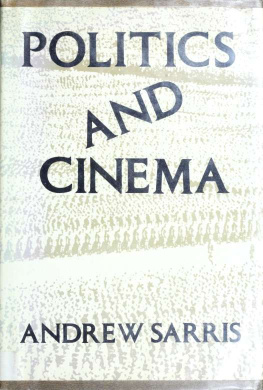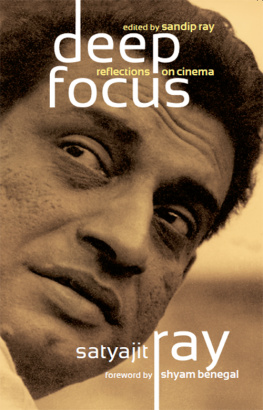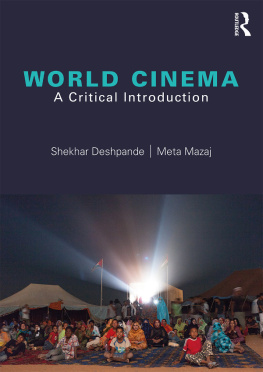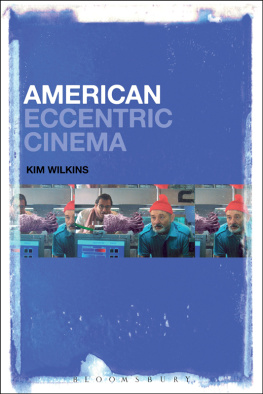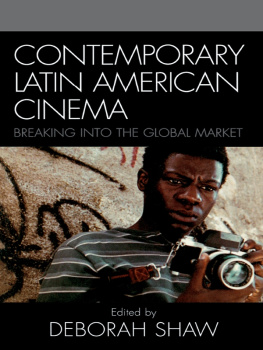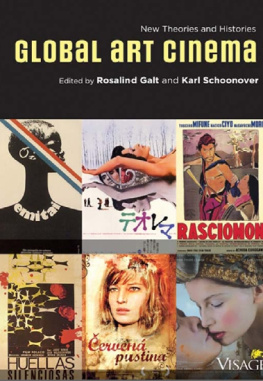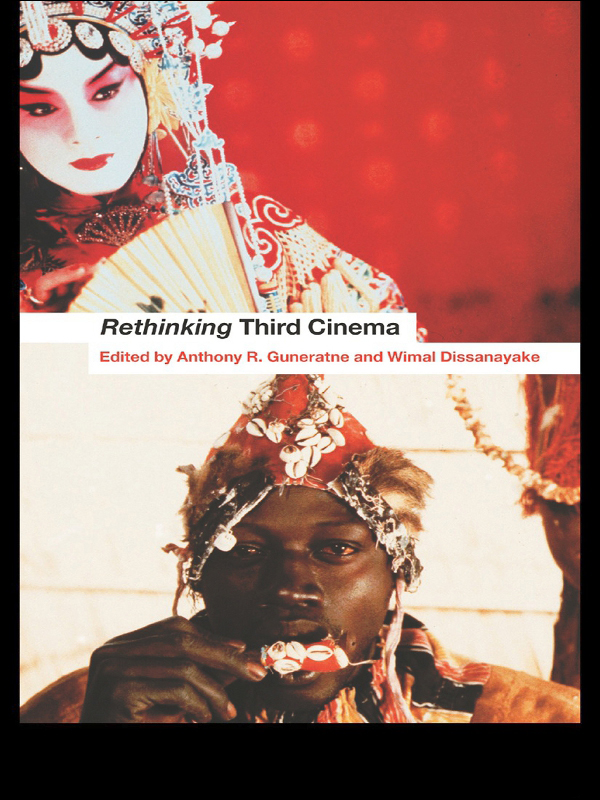
Rethinking Third Cinema
This innovative and timely anthology addresses established notions about Third Cinema theory and its impact on the cinematic practices of developing and postcolonial nations. Emerging from the activism of Che Guevara and Frantz Fanon, the Third Cinema movement called for a politicized tri-continental approach to film-making in Africa, Asia, and Latin America which would foreground issues of social justice, class division, ethnicity, and national identity.
The films that best represented the movement, including those from such internationally respected directors as Ousmane Sembne, Satyajit Ray, Fernando Solanas, Toms Gutierrez Alea, and Nelson Pereira dos Santos, are among the most culturally significant and politically sophisticated texts of the 1960s and 1970s. Yet despite the popularity and critical attention enjoyed by its acknowledged masterpieces, Third Cinema and its critical framework notably the only major body of film theory that did not originate in a specifically Euro- American context appear to have lost their momentum.
Rethinking Third Cinema returns Third Cinema and its theory to the critical spotlight. The contributors address the most difficult questions Third Cinema posed and continues to pose in an age of globalization, suggesting new methodologies and redirections of existing ones, whilst rereading the phenomenon of film-making in a fast-vanishing Third World. Ranging over terrain that encompasses the majority of the worlds cinemas, they offer case studies within and beyond the national cinemas of Brazil, Egypt, Indonesia, Argentina, China, Iran, Ghana, and India.
Anthony R. Guneratne teaches film, media, and visual culture at Florida Atlantic University and is presently a visiting scholar in Harvard Universitys Department of English. He is author of Cinehistory: The Representation of Realityin Documentary and Narrative Cinema (2004).
Wimal Dissanayake is a Visiting Professor in Cultural Studies at the University of Hong Kong. He is the author of Melodrama and Asian Cinema (1993), New Chinese Cinema (1998), and Colonialism and Nationalism in Asian Cinema (1994).
Rethinking Third Cinema
Edited by Anthony R. Guneratne and Wimal Dissanayake

First published 2003
by Routledge
270 Madison Avenue, New York, NY 10016
Simultaneously published in the UK
by Routledge
2 Park Square, Milton Park, Abingdon, Oxon OX14 4RN
Routledge is an imprint of the Taylor & Francis Group
2003 Editorial matter and selection, Anthony R. Guneratne and Wimal Dissanayake. Individual chapters the contributors. Introduction Anthony R. Guneratne.
Typeset in Galliard by
HWA Text and Data Management, Tunbridge Wells
All rights reserved. No part of this book may be reprinted or reproduced or utilized in any form or by any electronic, mechanical, or other means, now known or hereafter invented, including photocopying and recording, or in any information storage or retrieval system, without permission in writing from the publishers.
Library of Congress Cataloging in Publication Data
A catalog record for this book has been requested
British Library Cataloguing in Publication Data
A catalogue record for this book is available from the British Library
ISBN 0-415-21353-3 (hbk)
ISBN 0-415-21354-1 (pbk)
For the children of our planet, especially Chintas (Samantha, Chris, Janaki and John) and Rebeccas (Ella April), who have made their own interventions in this project, and also those who have participated in other ways, Carols (Daniel and Monica), Floras (Emma), Janieces (Chip, Julie, Celina and Jurion), Naihuas (Mimi), Petras (Laura), and Sarahs (Kirsten and Erik), in the hope that the World they inherit will be One.
Contributors
Sumita S. Chakravarty is a member of the core faculty of New School University and Chair of Cultural Studies at Lang College. She has contributed chapters to several anthologies on the cinemas of the Third World and her books include National Identity in Indian Popular Cinema,19471987 and the anthology The Enemy Within: The Films of Mrinal Sen. Her present research centers on media and globalization.
Rey Chow is Andrew W. Mellon Professor of the Humanities at Brown University where she teaches Comparative Literature, Modern Culture and Media Studies. Among her books are Writing Diaspora: Tactics of Interventionin Contemporary Cultural Studies and Primitive Passions: Visuality, Sexuality,Ethnography, and Contemporary Chinese Cinema, as well as the forthcoming The Protestant Ethnic and the Spirit of Capitalism.
Wimal Dissanayake is Visiting Professor of Comparative Literature and Cultural Studies at the University of Hong Kong. He has written or edited over a dozen works on Indian and other Asian cinemas and media phenomena, among which are Colonialism and Nationalism in Asian Cinema, Global/Local: Cultural Production and the Transnational Imaginary, NewChinese Cinema, A Profile of Sri Lankan Cinema and Sights of Contestation.
Marvin DLugo is author of over one hundred articles, books and book chapters on Spanish and Latin American cinema, is Professor of Spanish and Screen Studies at Clark University. Among his books are The Films ofCarlos Saura and Guide to the Cinema of Spain. He is currently completing a number of articles on Argentinian cinema and a book on The TransnationalImaginary in Spanish-Language Cinema.
Anthony R. Guneratne teaches film, media and cultural studies at Florida Atlantic University. He has published articles on film history and historiography, on the interrelation of different media, on Indian and Singaporean cinema, and on manifestations of postcoloniality in literature and film. He is author of the forthcoming Cinehistory: The Representationof Reality in Documentary and Narrative Cinema.
Hamid Naficy is the Nina J. Cullinan Professor of Art and Art History and of Film and Media Studies at Rice University. He has published extensively on national, transnational, exilic and diasporic cinemas. Among his recent books are An Accented Cinema: Exilic and Diasporic Filmmaking and Home, Exile,Homeland: Film, Media and the Politics of Place. A book on Cinema andNational Identity: A Social History of Iranian Cinema is forthcoming.
Krishna Sen teaches on various issues pertaining to contemporary Indonesian culture at Curtin University of Technology (Australia). She has written a number of articles on Indonesian cinema and society, as well as on related topics. Her books in the field include Indonesian Cinema: Framing the NewOrder and (with co-author David Hill) Media, Culture and Politics inIndonesia.
Ella Shohat is Professor of Art and Public Policy, Middle Eastern Studies and Comparative Literature at New York University. In addition to serving on the boards of the journals Social Text and Public Culture, she has published a variety of books of feminist and postcolonial issues including TalkingVisions: Multicultural Feminism in a Transcultural Age and, with Robert Stam, the multi-award winning Unthinking Eurocentrism: Multiculturalismand the Media.
Next page

